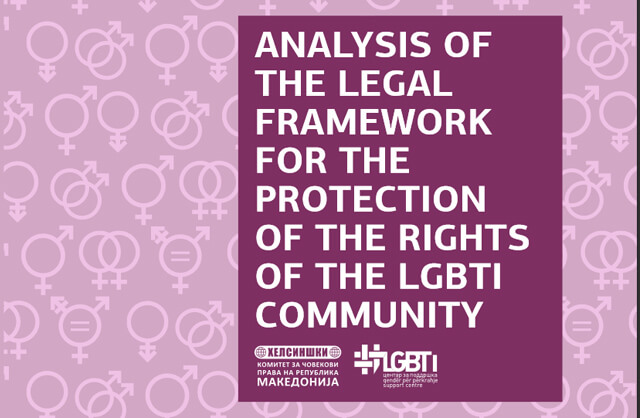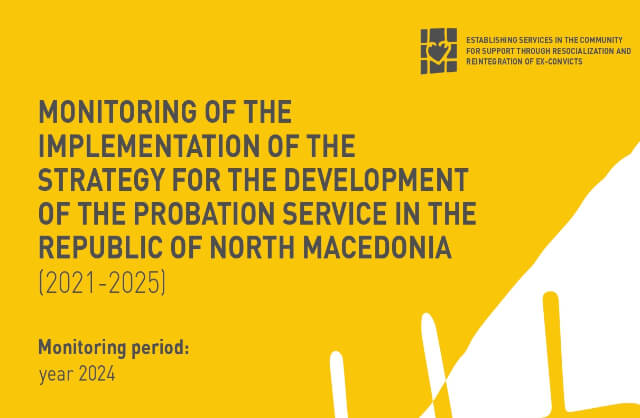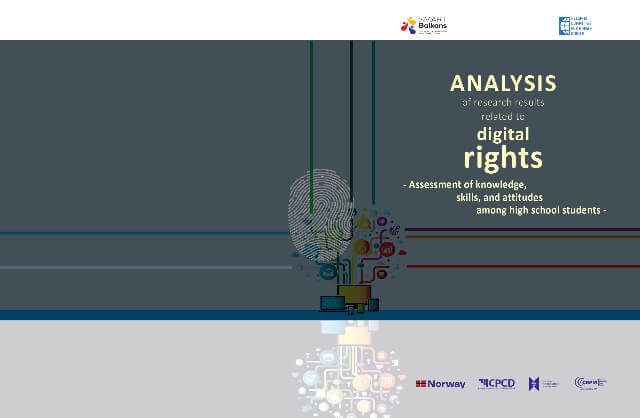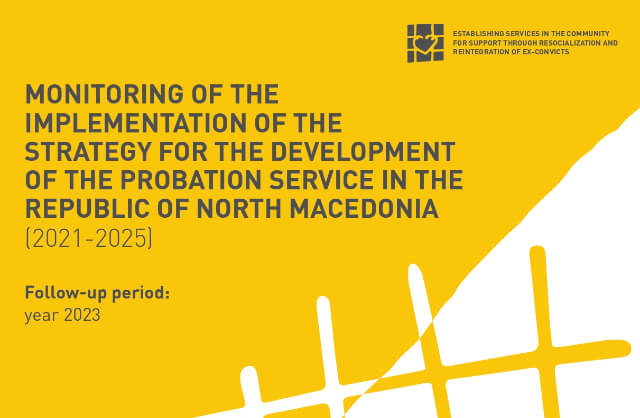Analysis of the legal framework for the protection of the rights of the LGBTI community
September 25, 2017

The LGBTI Support Center (Macedonian Helsinki Committee for Human Rights) with the support of the institutional grant within the Civica Mobilitas program prepared the Analysis of the legal framework for the protection of the rights of the LGBTI community.
The Analysis gives a short description of the main legislative issues, followed by concrete recommendations to address this issues. The Analysis is divided in three parts, in order to clearly present the problems without undermining what has been done so far. The first part analyzes the desired legal changes, such as the adoption of a National strategy against homophobia and transphobia, changes in the Law for prevention and protection from discrimination, the Criminal code and the Law on family, as well as making systemic and legal changes for the recognition of the change of the sex. In the second part, in order to gain a clear view for the existing legislation concerning LGBTI persons, are listed several laws and bylaws which regulate the rights and freedoms relating to sexual orientation and gender identity. In particular, there are six laws which are elaborated, namely the Law on protection and prevention of domestic violence, the Law on audio and audio-visual media services. In the third part are elaborated international research findings and indicators and are given specific recommendations on how to overcome the existing situation and create a sphere of acceptance. The Analysis refers to all national institutions for the protection of rights and freedoms of the citizens and all other non-judicial bodies and issues related to its work. The Analysis is intended to inform the general public on the legislation concerning the human rights and freedoms of LGBTI people and it can serve as a handbook and guide for the judiciary in the upcoming reformatory processes.
 The content of this publication is the sole responsibility of the LGBTI Support Center (The Macedonian Helsinki Committee for Human Rights) and in no way can be considered to reflect the views of Civica Mobilitas, the Swiss Agency for Development and Cooperation or the implementing organizations.
The content of this publication is the sole responsibility of the LGBTI Support Center (The Macedonian Helsinki Committee for Human Rights) and in no way can be considered to reflect the views of Civica Mobilitas, the Swiss Agency for Development and Cooperation or the implementing organizations.


